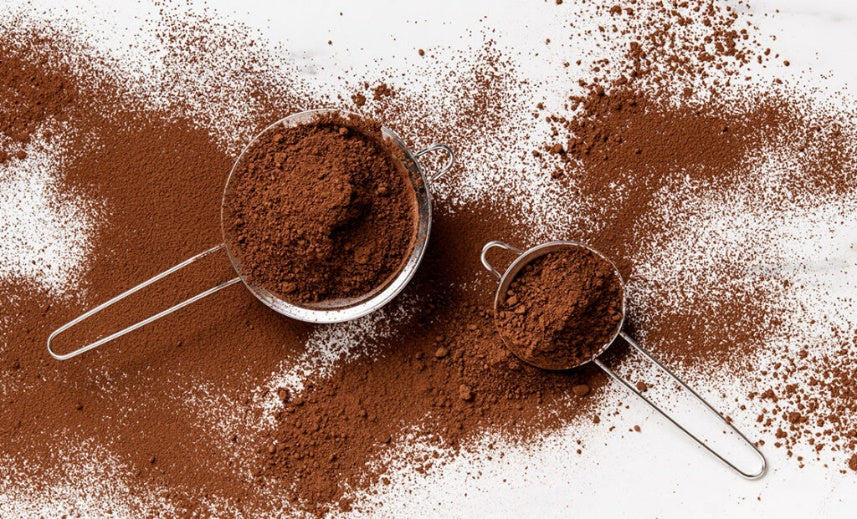
קפאין
Share
Caffeine is a powerful natural stimulant molecule with broad
spectrum biological activities and positive impact on human
health and wellbeing.
Caffeine is considered to be one of the most effective and
fast-acting legal nootropics (e.g. brain stimulating) agents.
Caffeine is either naturally extracted from the Coffee shrub
(Coffea arabica), consumed as a part of the Guarana
(Paulina Cupana) extract, or commercially synthesized.
Caffeine exerts its key stimulant properties via its non-
selective inhibition (antagonism) of the Adenosine receptors A1 and A2A:
https://pubmed.ncbi.nlm.nih.gov/20164566/
By antagonizing (e.g. blocking) Adenosine receptors, Caffeine provides a combination of
cognitive, mental and physiological performance enhancement benefits, all within a short time
duration (typically 15 – 45 minutes) from consumption. Availability of Caffeine is most rapid,
when Caffeine is delivered in a beverage (hot coffee, caffeinated sodas, energy drinks and
additional liquid formulations).
The most profound impact of Caffeine, is associated with improved alertness and clarity,
especially in the event of cognitive and mental performance degradation as an outcome of
sleep deprivation or intensive physical exercise:
https://www.sciencedirect.com/science/article/pii/S0149763416300690
In addition to Caffeine’s rapid onset and positive impact on alertness and focus, Caffeine also
improves memory and learning functions (especially under fatigue conditions):
https://sci-hub.se/10.3233/JAD-2010-091315
To complement its array of nootropic (e.g. brain-impacting) properties, Caffeine is effective
as a motivation enhancer, even in the event of clinical depression:
https://www.ncbi.nlm.nih.gov/pmc/articles/PMC5992708/pdf/fphar-09-00526.pdfCaffeine is also broadly used to enhance sports performance via the improvement of
aerobic and exercise endurance, even in well-trained individuals:
https://jissn.biomedcentral.com/articles/10.1186/s12970-020-00383-4
https://www.mdpi.com/1660-4601/18/2/584/htm
https://www.ncbi.nlm.nih.gov/pmc/articles/PMC7706645/pdf/hukin-74-177.pdf
As an outcome of its positive exercise-enhancing properties, Caffeine is a common high-dose
ingredient (3mg/Kg – 6mg/Kg) in many sport nutrition formulation, especially sports gels.
More recent pre-clinical and clinical research of Caffeine, identified two new key and exciting
properties of this multi-purpose molecule:
Caffeine appears to positively impact the activity of Brown Adipose Tissue (BAT), driving
elevated metabolism levels and thermogenesis (e.g. excess body fat “burning”):
https://pubmed.ncbi.nlm.nih.gov/33613184/
In addition, Caffeine had demonstrated its ability to delay aging (via its operation to slow down
the inevitable degradation of Telomers: “endings” of DNA chromosomes with a key role in
cell aging and death:
https://pubmed.ncbi.nlm.nih.gov/33720241/
Conclusion
Caffeine positively and rapidly (15 – 45 minutes) impacts physical, cognitive and mental
performance via its inhibition (e.g. blocking) properties of Adenosine receptors.
In addition, Caffeine improves energy metabolism (via elevating thermogenesis); and; also
acts as an anti-aging agent via its slowing down properties of natural Telomere degradation.
